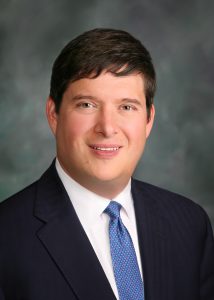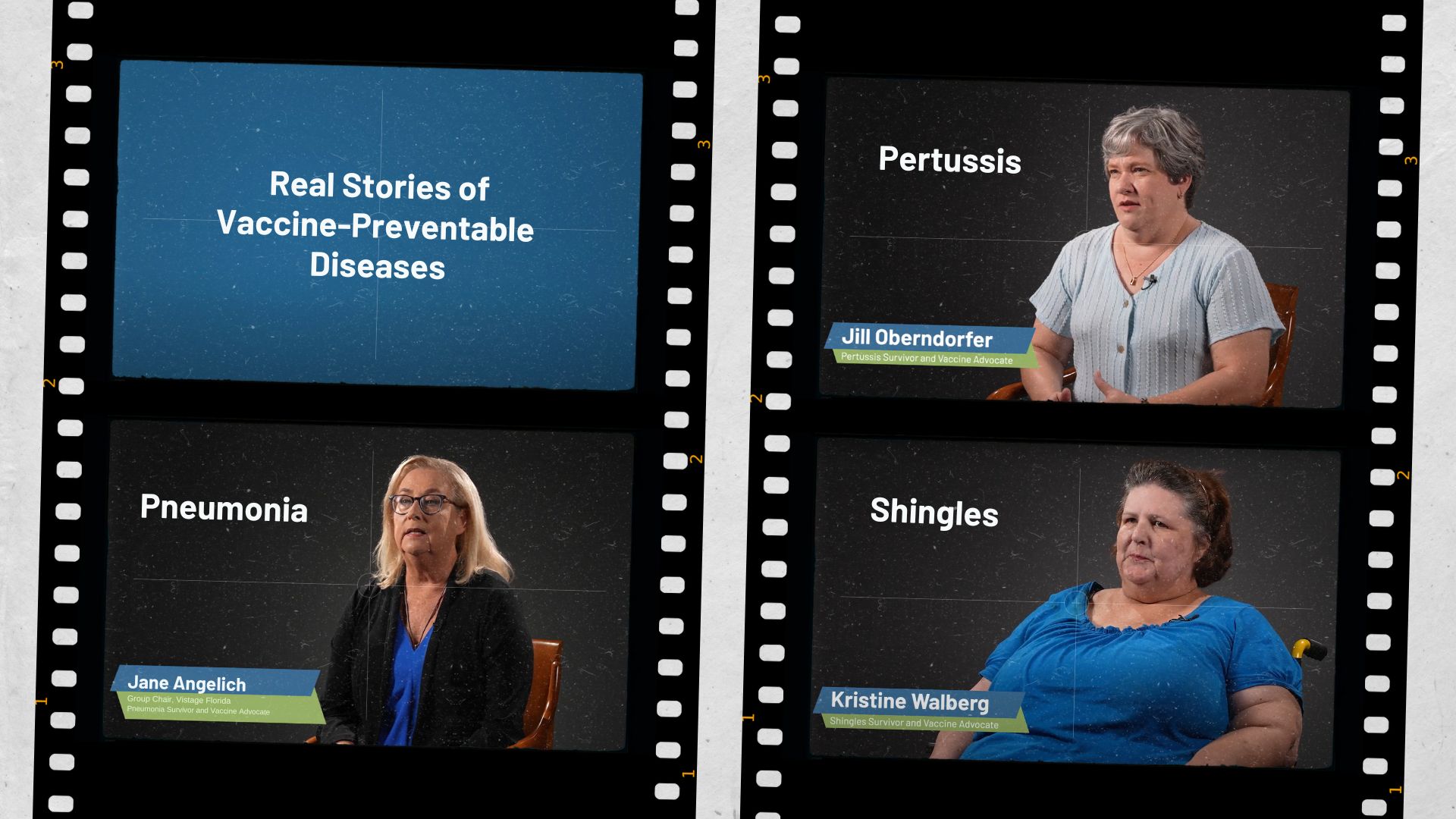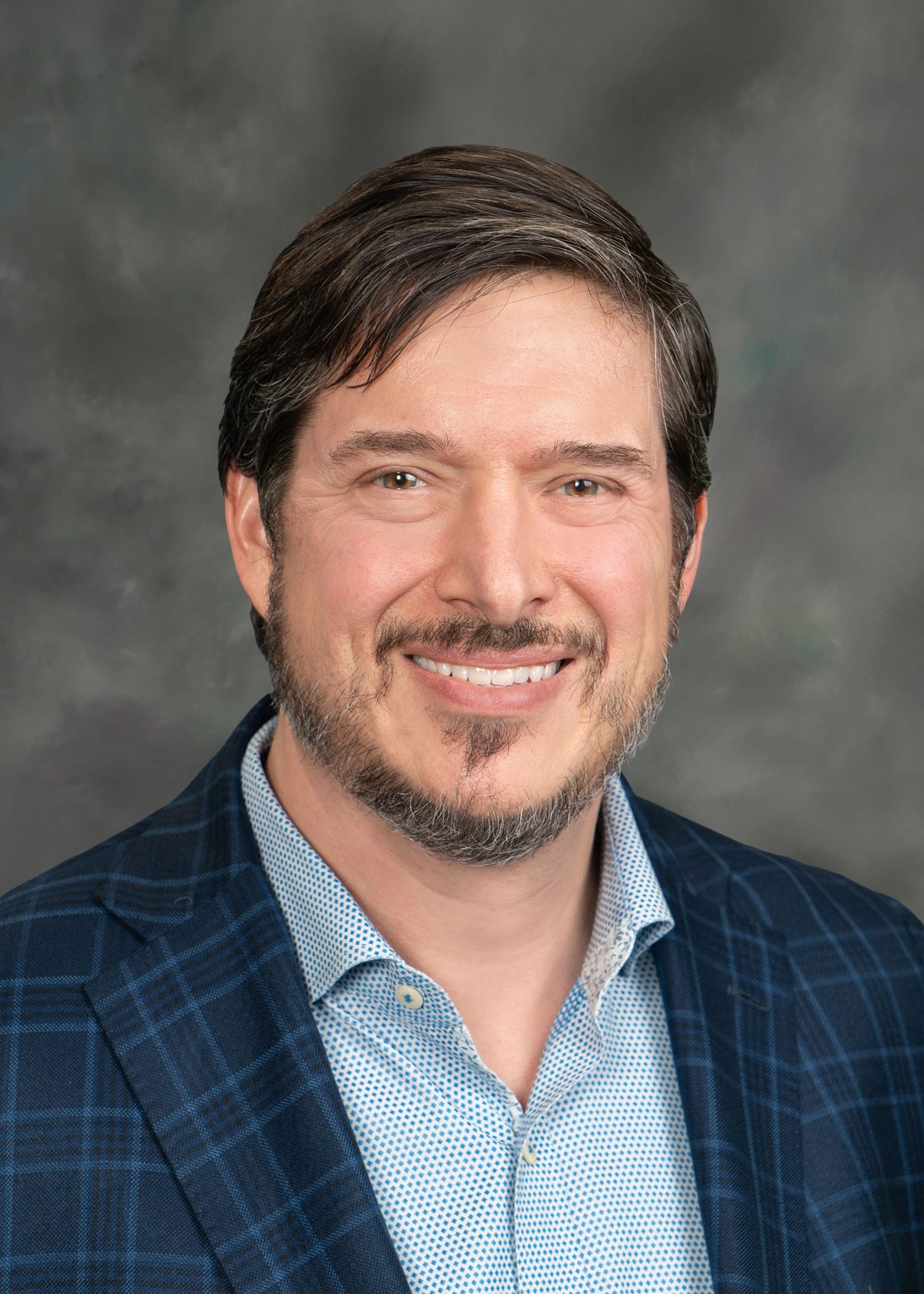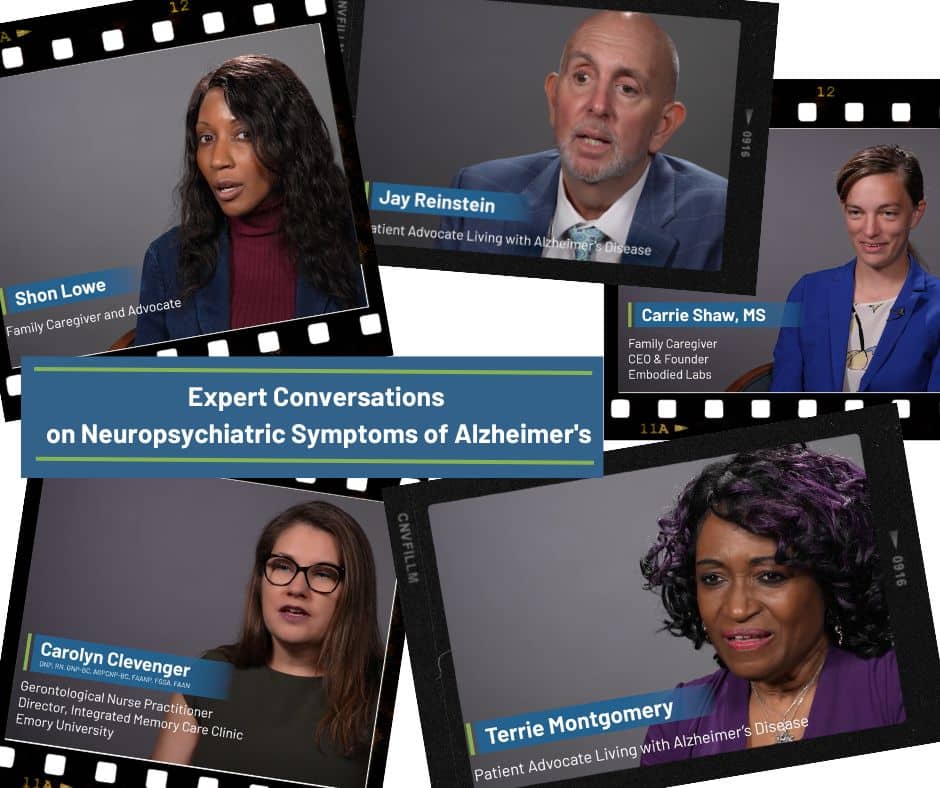I had the pleasure recently of hearing some creative ideas for improving the lives of the elderly from Lance Robertson who serves as President Trump’s Administrator and U.S. Assistant Secretary for Aging at the Administration for Community Living (ACL) within the U.S. Department of Health and Human Services. Assistant Secretary Robertson was my guest and featured speaker at the Northern Virginia Health Policy Forum.
I was particularly interested to hear his views given his long and distinguished career as the State Director for Aging Services for Oklahoma and the expanding role of the ACL since 2012. Many in the advocacy community are unaware that U.S. Department of Health and Human Services (HHS) created the Administration for Community Living (ACL) in 2012 to bring together the Administration on Aging; the Center for Integrated Programs; the Administration on Disabilities; and the National Institute on Disability, Independent Living, and Rehabilitation Research.
Like the Alliance for Aging Research, the ACL is working to improve the universal human experience of aging and health. The ACL currently serves more than one out of every three Americans and this number only continues to grow. Its important work supports older adults and people with disabilities to make it possible for them to live independently and to have the same opportunities that the most successful people in our society enjoy. Also like the Alliance, the ACL plays a vital role in helping people live longer, happier, more productive lives and providing access to the latest scientific information to empower older Americans to take control of their health.
At the luncheon, Assistant Secretary Robertson spoke about the role his federal agency plays in increasing access to community support, while focusing attention and resources on the unique needs of older Americans and people with disabilities. What I want to highlight for you, as an advocate for older adults who wants to amplify this message, was the ACL’s “Five Pillars” for promoting independence for older adults across the nation. These include:
- Expanding employment opportunities
Secretary Robertson noted there are many people who value working and, if just a few obstacles are removed, they can and want to join or re-join the workforce. ACL, through its Partnerships in Integrated Employment Systems Change Grants, is working to help states streamline bureaucracies and make competitive integrated employment the first and preferred outcome for all people with developmental disabilities.
- Connecting people to resources
As Secretary Robertson discussed in his confirmation hearings and during the luncheon, ACL is working to improve access to information about long-term services and supports that are made available through both publicly-funded and private-sector resources. He acknowledged that many of us are unsure of what to do and where we can go for help when encountering an illness, disability, service need, or when we suddenly fall into the role of a caregiver and he is making it a priority to change that.
- Supporting families and caregivers
Secretary Robertson explained there are more than 45 million unpaid family caregivers whose work to support the care system is estimated to be worth in excess of 470 billion dollars a year. He noted family caregivers are an integral part of the long-term care system and these individuals’ needs, which often go under- or unrecognized, deserve to be supported and acknowledged because they add tremendous value to the quality of the care of their loved ones.
- Protecting rights and preventing abuse
In a recent blog Secretary Robertson and U.S. Surgeon General Dr. Jerome Adams addressed the issue of elder abuse as a “critical social, health, and economic problem.” They wrote about 10 percent of adults age 60 and older have experienced some sort of physical abuse, psychological or verbal abuse, sexual abuse, neglect, or financial exploitation. Older Americans lose an estimated $2.9 billion a year as a result of financial exploitation and preventing this abuse would bring new stability to the lives of the elderly.
- Strengthening the aging and disability network
ACL works with more than 80,000 local and community-based organizations, and the agency is working to build the business acumen of the groups and to better connect with them.
Under Secretary Robertson’s leadership, ACL will be an important partner for the Alliance in our work to help people live longer, happier, more productive lives.
Jim Scott serves as the chair of the Alliance for Aging Research’s Board of Directors. He is also the president and CEO at Applied Policy in Washington, D.C.







